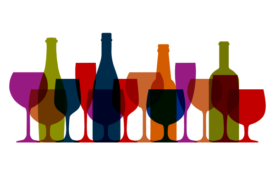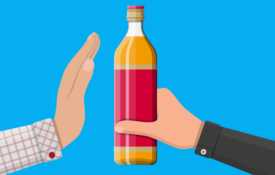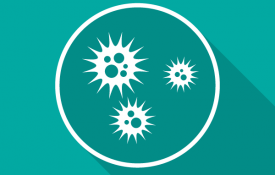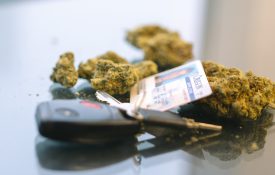The National Institute on Alcohol Abuse and Alcoholism (NIAAA) has issued a Notice of Special Interest inviting grant applications proposing to research the life and health span effects of alcohol in the context of level of consumption, consumption pattern, and duration of consumption. Visit Page

NIAAA Encourages Research on Alcohol’s Effect on Aging
The National Institute on Alcohol Abuse and Alcoholism (NIAAA) has issued a Notice of Special Interest inviting grant applications proposing to research the life and health span effects of alcohol in the context of level of consumption, consumption pattern, and duration of consumption. Visit Page




















